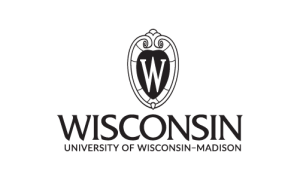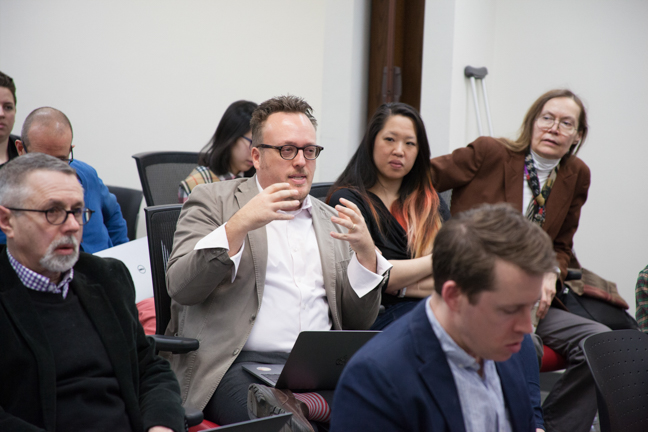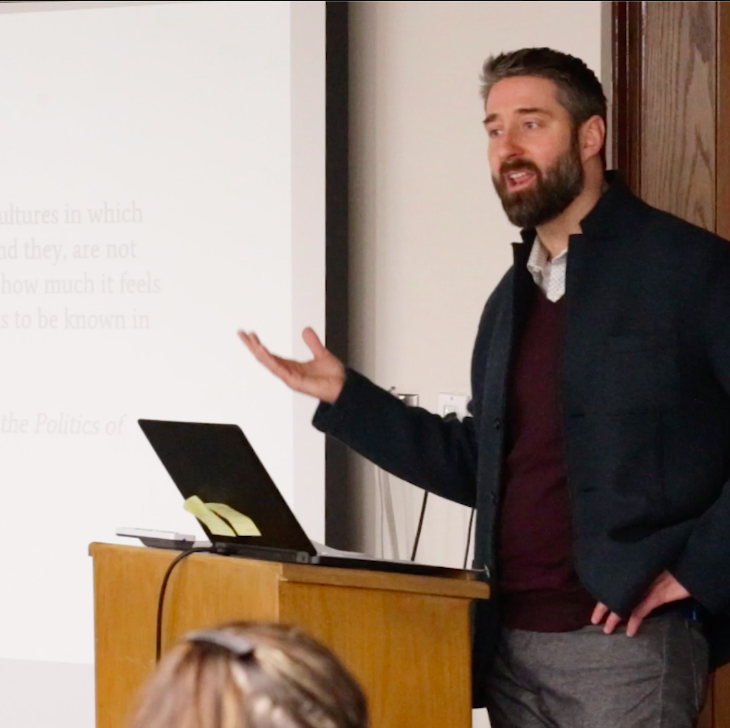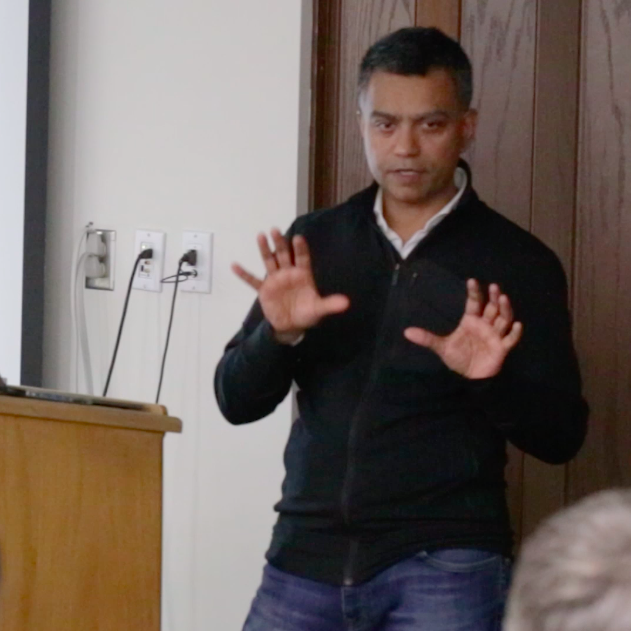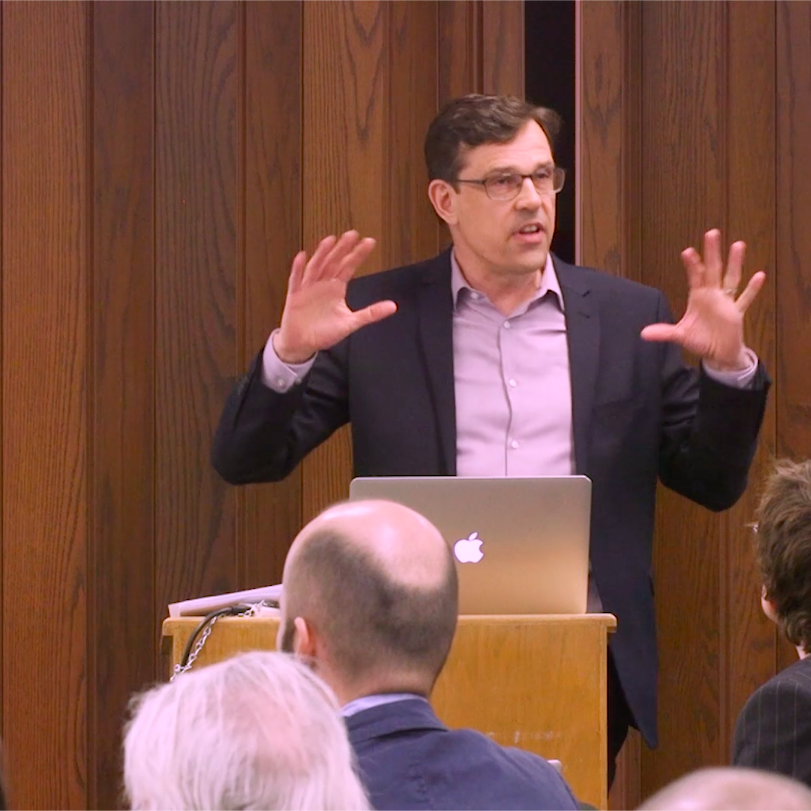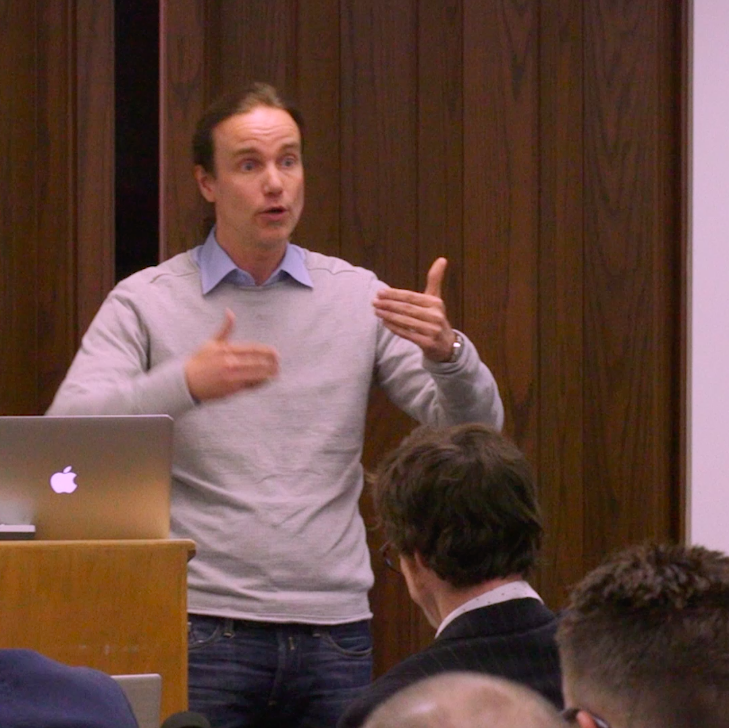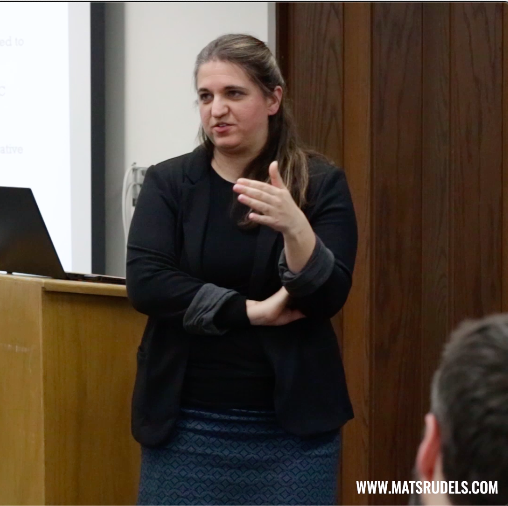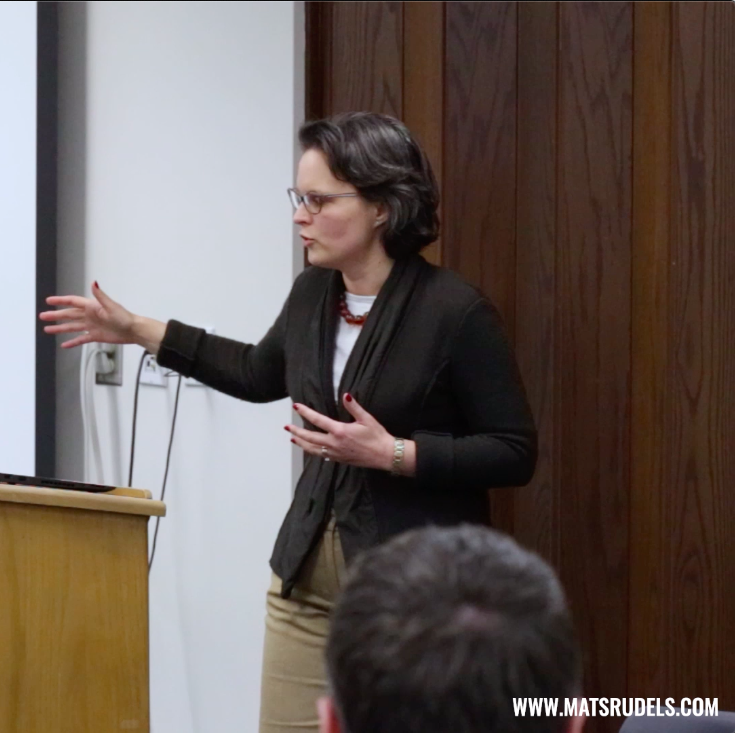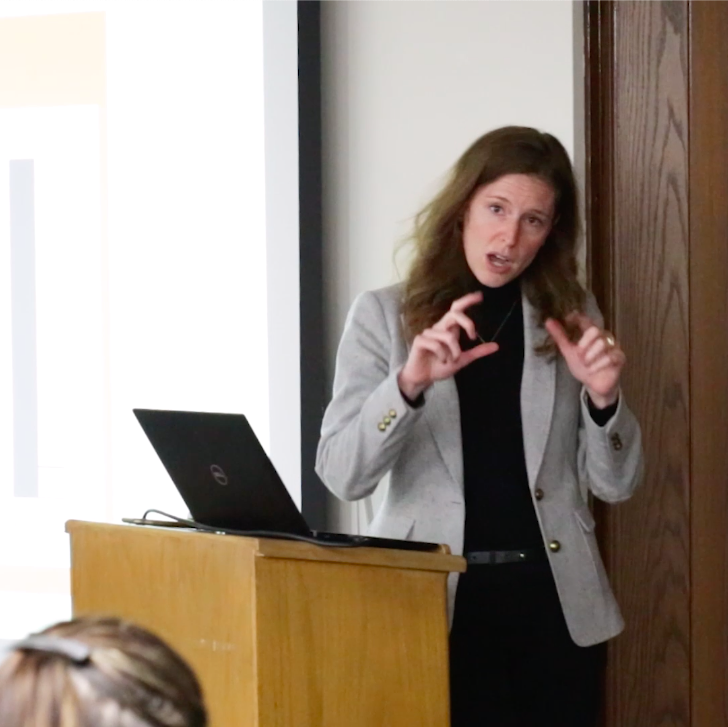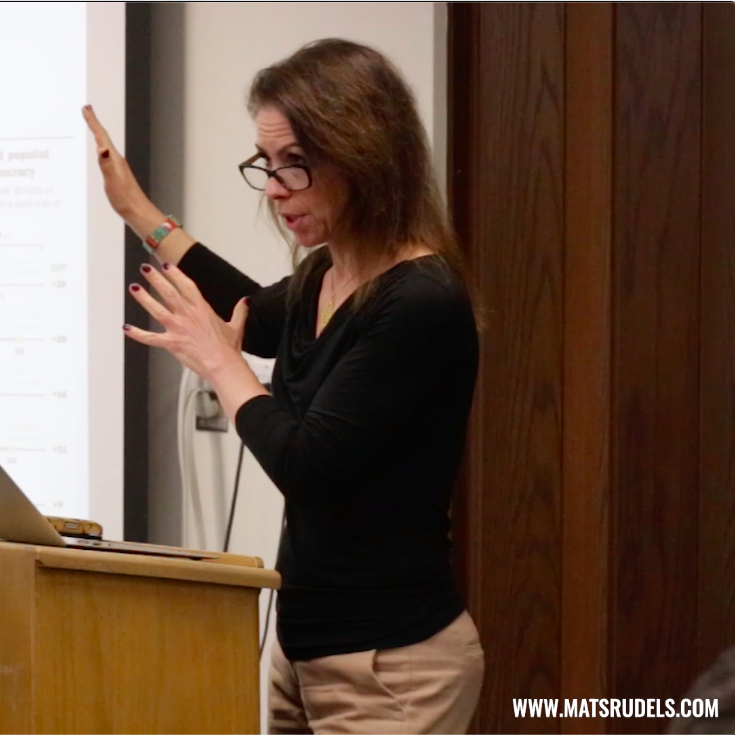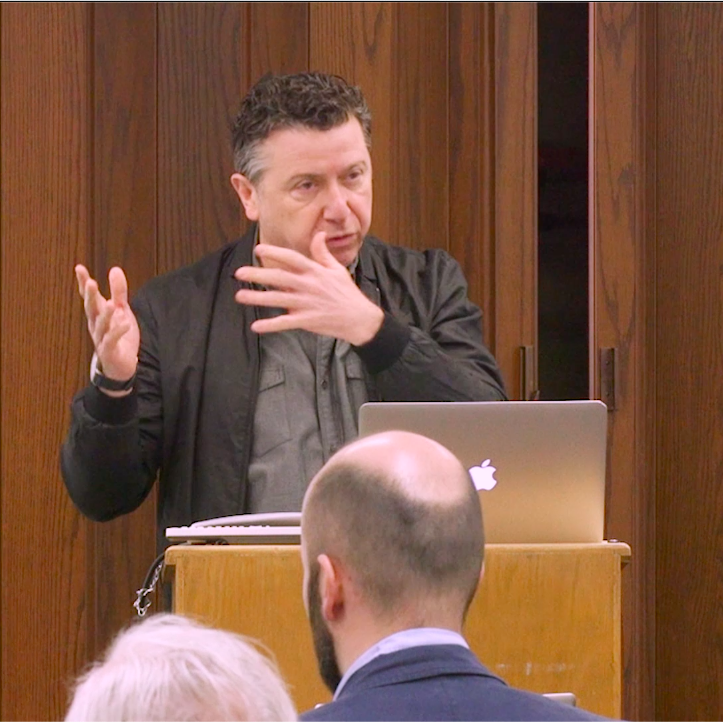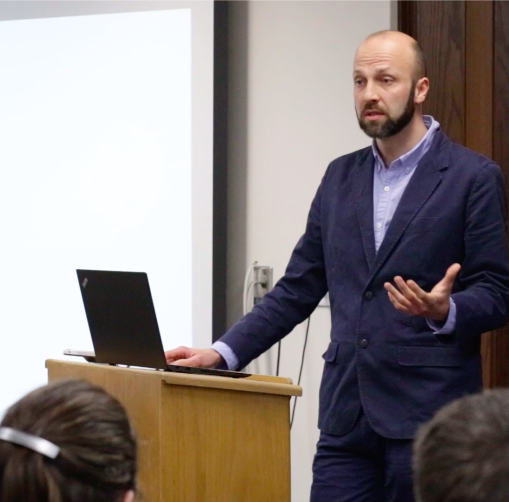Lance Bennett - KEYNOTE SPEAKER
Ruddick C. Lawrence Professor Communication and Professor of Political Science at University of Washington,
He is also founder and director of the Center for Communication and Civic Engagement (www.engagedcitizen.org). The Center is dedicated to understanding how communication processes and technologies can enhance citizen engagement with social life, politics, and global affairs. The work at CCCE emphasizes student involvement with research and community partnerships.
Bennett has lectured internationally on media and information systems in civic life. His current research interests include: press-government relations and the quality of public information; communication and social movements; transnational activism; citizenship and youth civic engagement, digital media and political participation, and modeling the organization of technology enabled crowds. His current work focuses on how to better align thinking about the economy, democracy and the environment in order to build more equitable and sustainable human systems on the planet.
Pippa Norris - KEYNOTE SPEAKER
ARC Laureate Fellow and Professor of Government and International Relations at the University of Sydney, the Paul F. McGuire Lecturer in Comparative Politics at the John F. Kennedy School of Government, Harvard University, and Director of the Electoral Integrity Project
Her research compares public opinion and elections, political institutions and cultures, gender politics, and political communications in many countries worldwide. She is ranked the 4th most cited political
scientist worldwide, according to Google scholar. Major honors include, amongst others, the Skytte prize, the Karl Deutsch award, and the Sir Isaiah Berlin award. Her current work focuses on a major research project, www.electoralintegrityproject.com, established in 2012 and also a new book with Ronald Inglehart “Cultural Backlash” analyzing support for populist-authoritarianism.
Daniel Kreiss
Associate Professor and Ph.D. Director in the School of Media and Journalism at the University of North Carolina at Chapel Hill
Kreiss authored Taking Our Country Back: The Crafting of Networked Politics from Howard Dean to Barack Obama (Oxford University Press, 2012) and Prototype Politics: Technology-Intensive Campaigning and the Data of Democracy (Oxford University Press, 2016), winner of the 2017 Information Technology and Politics Division Best Book Award, American Political Science Association. Kreiss is an affiliated fellow of the Information Society Project at Yale Law
School and received a Ph.D. in Communication from Stanford University.
Deb Roy
Associate Professor at MIT
Deb Roy is an Associate Professor at MIT where he directs the Laboratory for Social Machines (LSM) based at the Media Lab.
His lab explores new methods in media analytics (natural language processing, social network analysis, speech, image, and video analysis) and media design (information visualization, games, communication apps) with applications in children’s learning and social listening.
Roy is also co-founder and chairman of Cortico, a not-for-profit media technology company that is developing media technologies and services with the aim of improving the health of discourse in the public sphere. Cortico and LSM collaborate in order to translate MIT research into field-ready scalable technologies, and to inform new research questions at MIT grounded in field experience.
Frank Esser
Professor of International and Comparative Media Research at the University of Zurich
Esser also holds a part-time Adjunct Professorship in the Department of Media and Communication at the University of Oslo.
His research interests include: Conceptual contributions to comparative (political) communication research as a new subfield of our discipline; Studies on the mediatization of politics; Studies on the relationship between political populism and the media; Studies on news cultures and journalistic traditions in Western media systems; Studies on the professionalization of political publicity (‘spin doctoring’) and on its deconstruction by the news media (‘metacoverage’); Studies on the democratic news performance of online media; Studies on the political socialization of young people in a media saturated environment
Jörg Matthes
Full Professor and Chair of the Department of Communication, University of Vienna, Austria
His research, published in more than 100 journal articles, focuses on advertising effects, the process of public opinion formation, and empirical methods.
He is Editor-in-Chief of the journal Communication Methods & Measures and was Associate Editor of The Journal of Communication. He has chaired the Communication Theory and Methodology division of AEJMC as well as the Methods divisions of the German and Swiss Communication Associations. In 2014, he received the Young Scholar Award by the International Communication Association, and two years later, the AEJMC’s Hillier Krieghbaum Under 40 Award.
Julia Azari
Associate Professor and Assistant Chair in the Department of Political Science at Marquette University
She holds Ph.D., M.A. and M.Phil. degrees in political science from Yale University, and a B.A. in political science from the University of Illinois at Urbana-Champaign.
Her research and teaching interests include the American presidency, American political parties, the politics of the American state, and qualitative research methods. Her research has been supported by the Marquette University Regular Research Grant, the Harry Middleton Fellowship in Presidential Studies, the Gerald Ford Presidential Library Foundation Travel Grant, and the Harry Truman Library Institute Scholars Award.
Karolina Koc-Michalska
Associate professor at Audencia Business School | Associated Researcher at CEVIPOF Sciences-Po Paris, France
She focuses on the strategies of political actors in the online environment and citizens’ political engagement, especially the role of motivations, encouragement in the online and offline environment.
Natalie (Talia) Jomini Stroud
Associate Professor of Communication Studies and Journalism, Director of the Center for Media Engagement, and Assistant Director of Research for the Annette Strauss Institute for Civic Life at the University of Texas at Austin
Stroud is interested in how the media affect our political behaviors and attitudes and how our political behaviors and attitudes affect our media use. Her research has received national and international awards, including the International Communication Association’s Outstanding Book Award for her book Niche News.
Sheri Berman
Professor of Political Science at Barnard College, Columbia University
Her interests include the development of democracy and dictatorship, populism, the history of the left, and European politics.
She has written books on the development and impact of social democracy onEurope and on the great ideological debates of the 20th century. She has recently finished a book entitled “Democracy and Dictatorship in Europe. From the Ancien Regime to the Present Day” (forthcoming, Oxford University Press).
Silvio Waisbord
Professor in the School of Media and Public Affairs at George Washington University
He is the Editor-in-Chief of the Journal of Communication. His most recent books are News of Baltimore (co-edited with Linda Steiner) and The Routledge Companion to Media and Human Rights (co-edited with Howard Tumber). He is currently writing a book about the field of communication studies.
Sven Engesser
Professor of Science and Technology Communication at Technische Universität Dresden, Germany
He received his PhD from Ludwig-Maximilans-Universität Munich in 2012.
Sven was a postdoctoral researcher at the University of Zurich and the Swiss National Center of Competence in Research on “Challenges to Democracy in the 21st Century”. He has also been a member of the European COST Action on “Populist Political Communication in Europe”. His fields of interest include Populism, Internet of Things, Climate Change, and Antimicrobial Resistence.
